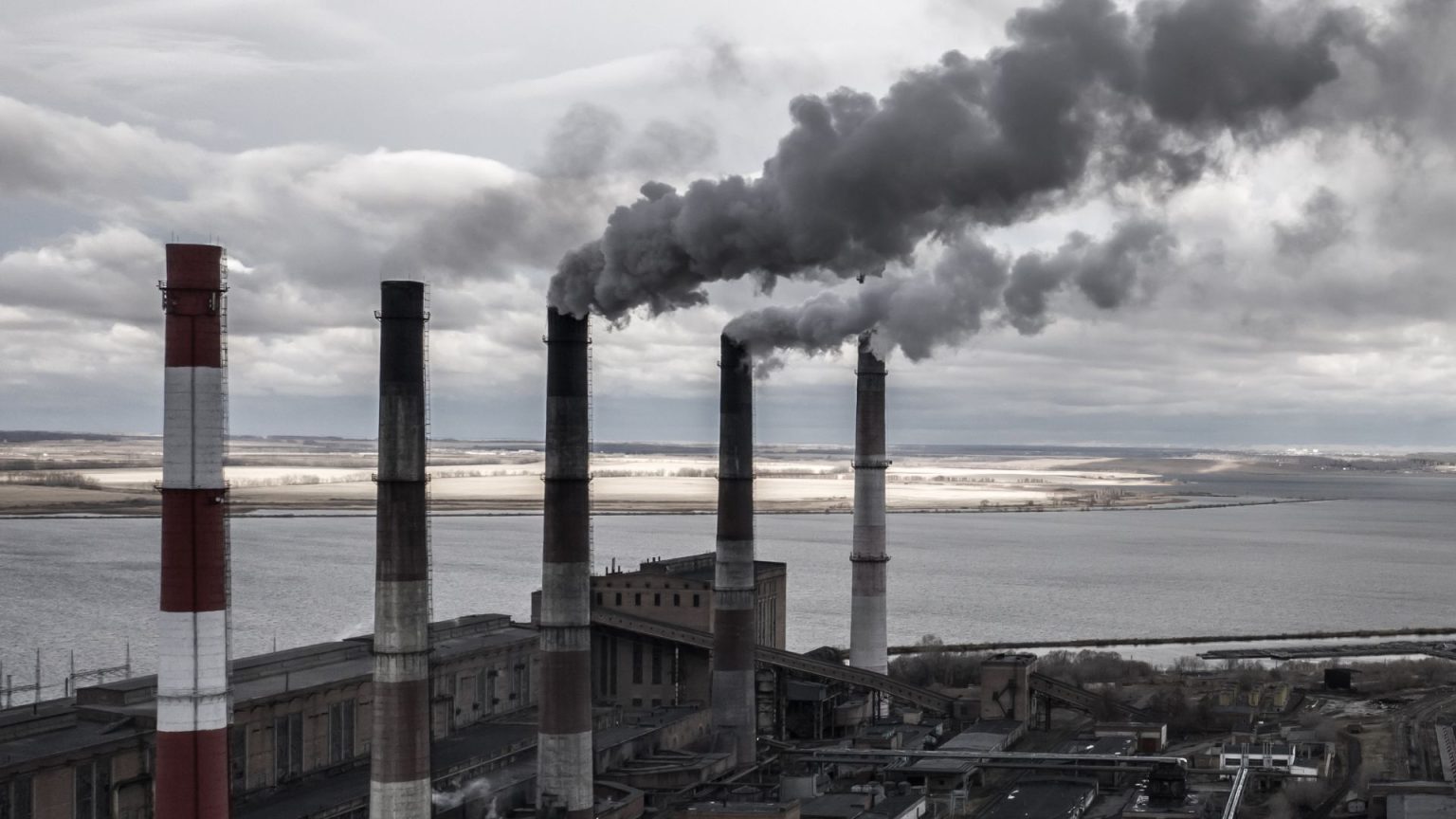Using fossil fuels (such as natural gas, biodiesel, and also advanced fuels such as hydrogen) can help reduce the emission of pollutants into the atmosphere in several ways:
Less emissions: Most fossil fuels produce fewer polluting gases such as carbon, particulates, liquids, and chemical gases than older, more polluting transportation fuels. As a result, using fossil fuels can lower the emission of these pollutants into the atmosphere.
Carbon monitoring and purification: well-corrected fossil fuel extraction processes may lower the amount of carbon produced from burning fuels, reducing carbon emissions into the atmosphere.
Improving air quality: Fossil fuels may also contain fewer pollutants that can irritate air quality and damage human health, such as formaldehyde, benzene, and coarse particles.
Development of greener technologies: Advances in technology enable the development of advanced fuels created from renewable or fossil sources, and where their use reduces greenhouse gas emissions and the risk of causing environmental damage.
Support for environmental policies: fossil fuel use may be part of a broader policy aimed at reducing the environmental impact of industries and fuel use and promoting green transportation and public transportation.
In other words, the use of fossil fuels may be part of a broader contribution to the global effort to reduce the emission of pollutants into the atmosphere and improve air quality.
Google+






